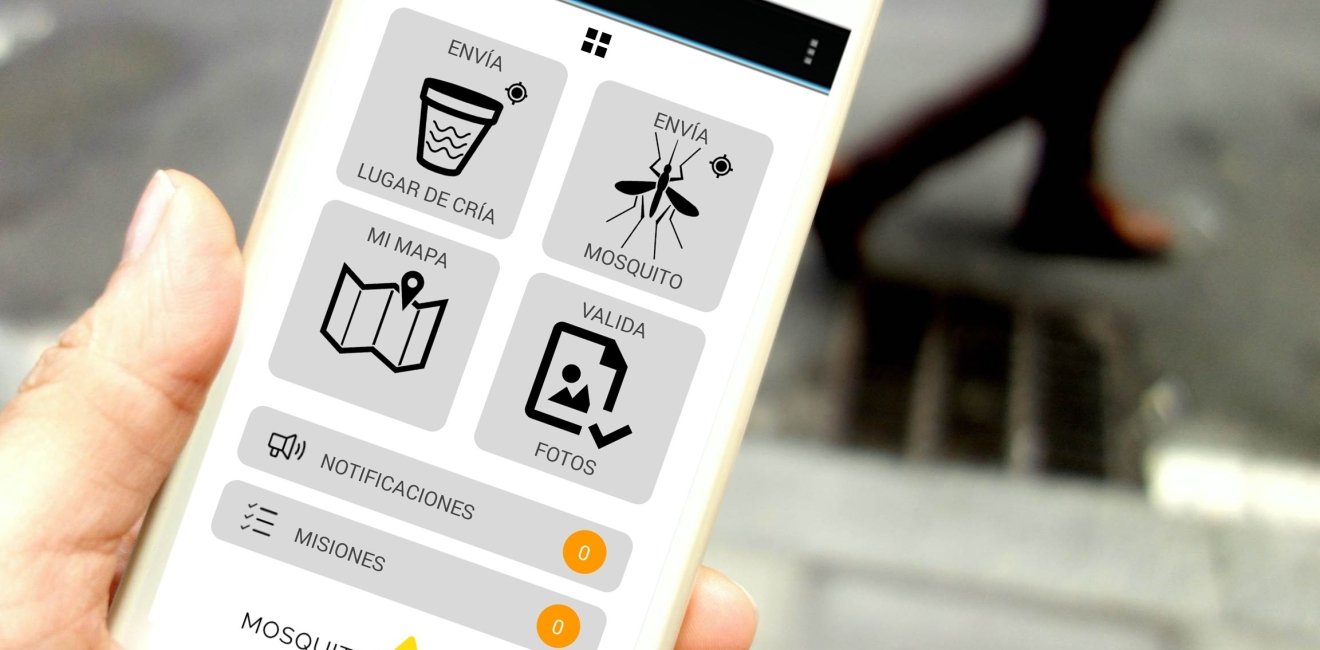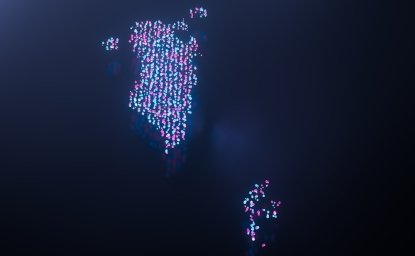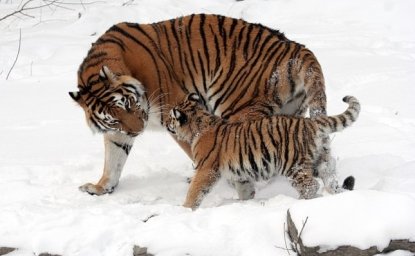
A blog of the Science and Technology Innovation Program

With the summer approaching, so are the mosquitoes. A UN-backed global platform will align citizen scientists from around the world to track and control these disease-carrying vectors.
According to the World Health Organization (WHO), over 212 million malaria cases were diagnosed in 2015. The threat of malaria and other vector-borne diseases, including Zika, West Nile, yellow fever, and dengue is so great in scope that it is insurmountable without the active help of tens-or even hundreds-of-thousands of individuals working with scientists, educators, managers, and decision-makers to monitor and eradicate risk. This collaboration is already happening through citizen science, a paradigm where members of the public participate in scientific research to meet real world goals.
A new UN-backed initiative, Global Mosquito Alert, brings together thousands of scientists and citizen science volunteers from around the world to track and control mosquito borne viruses. This is the first global platform and consortium dedicated to using citizen science techniques to tackle the monitoring of mosquito populations. The Global Mosquito Alert platform will include a toolkit of resources, a common protocol for citizen science mosquito monitoring, and a data repository to support data integration and analysis. Data will come from an initial consortium of providers in the U.S., Europe and Asia. Currently the consortium includes projects such as Globe Observer Mosquito Habitat Mapper (U.S./International), the Invasive Mosquito Project (U.S.), Muggenradar (Netherlands), Mosquito Alert (Spain), ZanzaMapp (Italy), MosquitoWEB (Portugal), and CitizenScience.Asia (Hong Kong/Asia).
The Invasive Mosquito Project (U.S.), a USDA citizen science project for mosquito monitoring. Source: Associated Press, “Recruiting Students in Fight Against Zika”
Global Mosquito Alert will contribute to our understanding of the local and global distribution of mosquito species and habitats, where existing open data from government sources is still limited in both the species diversity and the geographical scope. For instance, the Center for Disease Control (CDC) website provides only the potential range of Aedes albopictus and Aedes aegypti, the two Zika-carrying mosquito species within the United States. Enhanced data availability and accuracy will enable better and faster response and thus mitigate the risks of mosquito-borne diseases. In addition, the platform will pool together the data, knowledge and experience of existing projects for use by citizen science groups, allowing for more streamlined project implementation and community response at lower cost.
As Jacqueline McGlade, the Director of Science at the UN Environment Programme (UNEP), said in a recent press release, the platform is “a unique infrastructure that is open for all to use and may be augmented with modular components and implemented on a range of scales to meet local and global research and management needs.” It will “offer the benefit of the millions spent in developing existing mosquito monitoring projects to local citizen science groups around the world.”
The Global Mosquito Alert Initiative was launched following a workshop led by the Mosquito Task Force Working Group Chairs, Elizabeth Tyson and Frederic Bartumeus in Geneva this April. The workshop was organized by the UNEP, the Wilson Center’s Science and Technology Innovation Program (STIP), and the European Citizen Science Association (ECSA). The United Nations Environment Programme (UNEP) maintains the centralized platform Environmental Live that provides open data to policy makers, researchers and the general public. This project is expected to move forward as a collaboration between UNEP, ECSA, the US-based Citizen Science Association (CSA), and the Australian Citizen Science Association (ACSA).
“Global Mosquito Alert” welcomes participation from citizen science mosquito monitoring projects around the world. If you would like to sign up for the initiative, please contact Anne Bowser (anne.bowser@wilsoncenter.org) or Eleonore Pauwels (eleonore.pauwels@wilsoncenter.org).
Author




